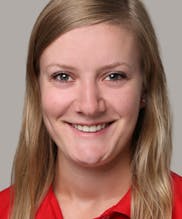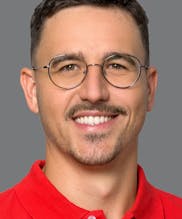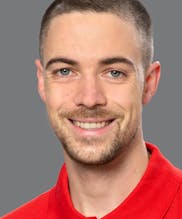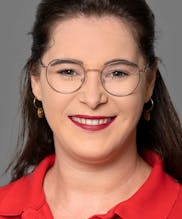Athletes put great strain on muscles, ligaments, joints and other structures. And sometimes, unfortunately, too much. After injuries and operations, our specialised sports physiotherapists can help you to regain your initial performance as quickly as possible.
Sports physiotherapists are known for their specific knowledge of the anatomy and biomechanics of joints and movement sequences, which they have studied in two years of additional training and deepened through practical experience. The understanding of the cause and treatment of injuries not only serves top athletes and hobby athletes, but all patients whose musculoskeletal system can no longer cope with everyday stress.
The task of the sport physiotherapist can be summarized in four areas:
- Acute intervention: Immediate help on the sports field and in the first phase after the injury have a positive effect on the healing process.
- Rehabilitation: The sports physiotherapist is most involved in rehabilitation after an injury or operation. In addition to the classical passive treatment on the treatment bed, active work in the training room is the most important factor, whether with or without equipment.
- Injury prevention: Avoiding injuries should actually be the first step. Unfortunately, the sports physiotherapist usually gets involved when the damage has already been done. After an injury, it is crucial to prevent relapses.
- Performance improvement: Performance tests are the basis of a tailor-made, sport specific training plan. Targeted training (and targeted breaks) can improve strength, endurance, speed, mobility and coordination. The aim of this phase is to ensure that everything works as intended.
The individual treatment by the sports physiotherapist is usually smoothly integrated into the Medical Training Therapy (MTT), where the patient exercises independently on the therapist’s instructions.
Each location of the PHYSIOZENTRUM has a spacious training room. It is equipped with state-of-the-art Technogym equipment, which can be used to train all major muscle groups. Further information can be found in the section “Training”.



